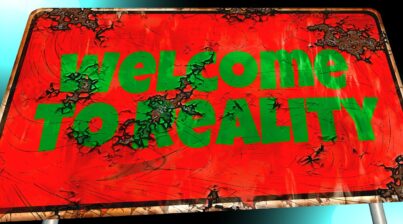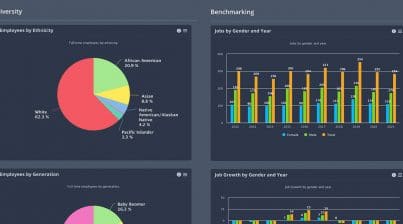Photo by Jason Goodman on Unsplash
As an HR professional, your responsibilities involve building strong relationships across the organization. But don’t forget about the one relationship that will give you a place at the table and positively impact your company. You really need to strengthen the HR and CEO relationship. Why? The CEO sets the business goals of the organization, and the HR team builds the talent. The talent force is what’s required for your organization to reach its goals. Let’s take a deeper look at why the HR and CEO relationship matters.
Why Does the HR & CEO Relationship Matter?
There are several benefits of a strong relationship between HR and the CEO of your organization. Here are just a few.
- HR has a place at the table. What if you as the HR leader don’t have a strong relationship with your CEO? The HR team could end up being identified as paper shufflers rather than the team that is part of the decision-making process. How can you buy into and effectively execute HR initiatives if you don’t have a place at the table to have input into what those initiatives should be? At the table, you can share your expertise and be part of the planning, strategy, and development of initiatives to make a positive impact in your company.
- The CEO has better insights into the workforce. If your CEO is like most, there is a disconnect between the employees and the CEO. Why? Your CEO has a lot on their plate when it comes to being responsible for the success of your company. Because of that, the CEO can be distanced from knowing details about the workforce. That’s where you step in. Your HR team knows what’s going on with your workforce. And you can become a truly valuable information hub to your CEO. When the CEO has better insights into the workforce, they can make better decisions for both the company and the employees.
- The company culture thrives. As an HR leader, you know that the company culture influences every stage of the employee lifecycle. From attracting top talent to separating with employees, and even alumni advocating for your organization, company culture plays a role. And what’s a key factor in culture? A strong relationship between HR and the CEO. Organizations look for competitive advantages in the market, and a strong corporate culture can be just that.
Of course, these aren’t the only benefits of a great HR and CEO relationship. But they are significant. If you find yourself in a place where your relationship is not strong, or not even evident, read further to learn some areas to work on.
How Can HR Strengthen A Relationship With The CEO?
Does your CEO talk about an equal playing field on the leadership team, or are there areas that can still be improved? Typically, we’ve heard about the scenario where positions responsible for earning and managing the revenue – such as Finance, Accounting, and Sales – have the CEO’s ear. And unfortunately, HR isn’t as close to the decision-making and strategy as they should be.
Who wants to be an afterthought or left on the bottom rung of the ladder? Not HR!
As an HR leader, it’s imperative that you take steps to strengthen your relationship with the CEO. That will put you in a position of authority to collaborate on the most effective HR initiatives that support the workforce and business goals. Let’s briefly look at those steps next.
Step 1. Learn The C-Suite Priorities
CEOs, CFOs, CTOs, etc. typically have different priorities than HR. For HR professionals to build and strengthen a relationship with the CEO, that means it’s up to you to learn the C-Suite priorities. And how HR can support those priorities.
According to a CEO survey conducted by Workday, there are six priorities that CEOs care most about:
- Finding Growth. Launching new products or services, finding new business models, cultivating deeper customer relationships, pursuing innovation, and expanding geographically are all part of growth.
- Taking on Risk. Competitive threats from both new and established industry competitors compel CEOs to take on more risk.
- Managing Regulatory Changes. Corporate tax rates, environment regulations, and financial reporting are all concerns for CEOs.
- Leveraging Technology. No matter what industry, technology is a competitive differentiator. CEOs identify mobile, social, and cloud technologies as having the greatest impact on their organizations.
- Pursuing Innovation. New companies in a market can quickly grow and challenge status quo business models. CEOs are looking for ways to reinvent their organizations through disruptive innovation.
- People and Culture. Attracting the right talent to their workforce and then retaining them with the right culture is what CEOs focus on to drive innovation and grow the business.
Step 2. Demonstrate HR’s Value
Where HR can play a key role in these priorities is examining weaknesses and strengths within the organization, identifying opportunities to drive improvement, and helping the workforce execute on the CEO’s strategy. Those efforts demonstrate HR’s value and show your CEO that your team is a key player in developing strategy and being involved with decision-making.
Demonstrate that your HR team isn’t just order-takers. And you don’t just push paper. You can be an expert voice and resource for the CEO by identifying problems, presenting HR data to support your case, and making suggestions for initiatives that make an impact.
Step 3. Build Two-Way Communication
You play a key role in ensuring your CEO has accurate, reliable, and timely workforce data to make informed decisions. In fact, according to HRtechX, three-quarters of CEOs state that HR analytics is imperative to making strategic decisions.
Step 4. Maintain Accurate Data Through Technology
The HR team often acts as the communication liaison between staff and the CEO. It’s up to your team to maintain accurate, timely data that can be accessed quickly. Ensuring that your technology is reliable, and can produce ad hoc reports when needed, is key. And in the role of HR leadership, the CEO needs assurance that they can rely on you as an advisor to give input and guidance into strategies and initiatives around your workforce.
Join your data-driven HR peers. Get a free live demo today.
Wrapping It Up
To put it simply, as an HR professional you must strengthen the relationship between the CEO and your team. This is not only a benefit to you, but also a critical connection that benefits the entire organization. Don’t wait – start building, nurturing, and strengthening that relationship today.
Need some tips on how to incorporate more HR data into your relationship? Employee Cycle can help! Schedule a demo to see how our HR analytics dashboard can help you engage with your CEO like never before.












